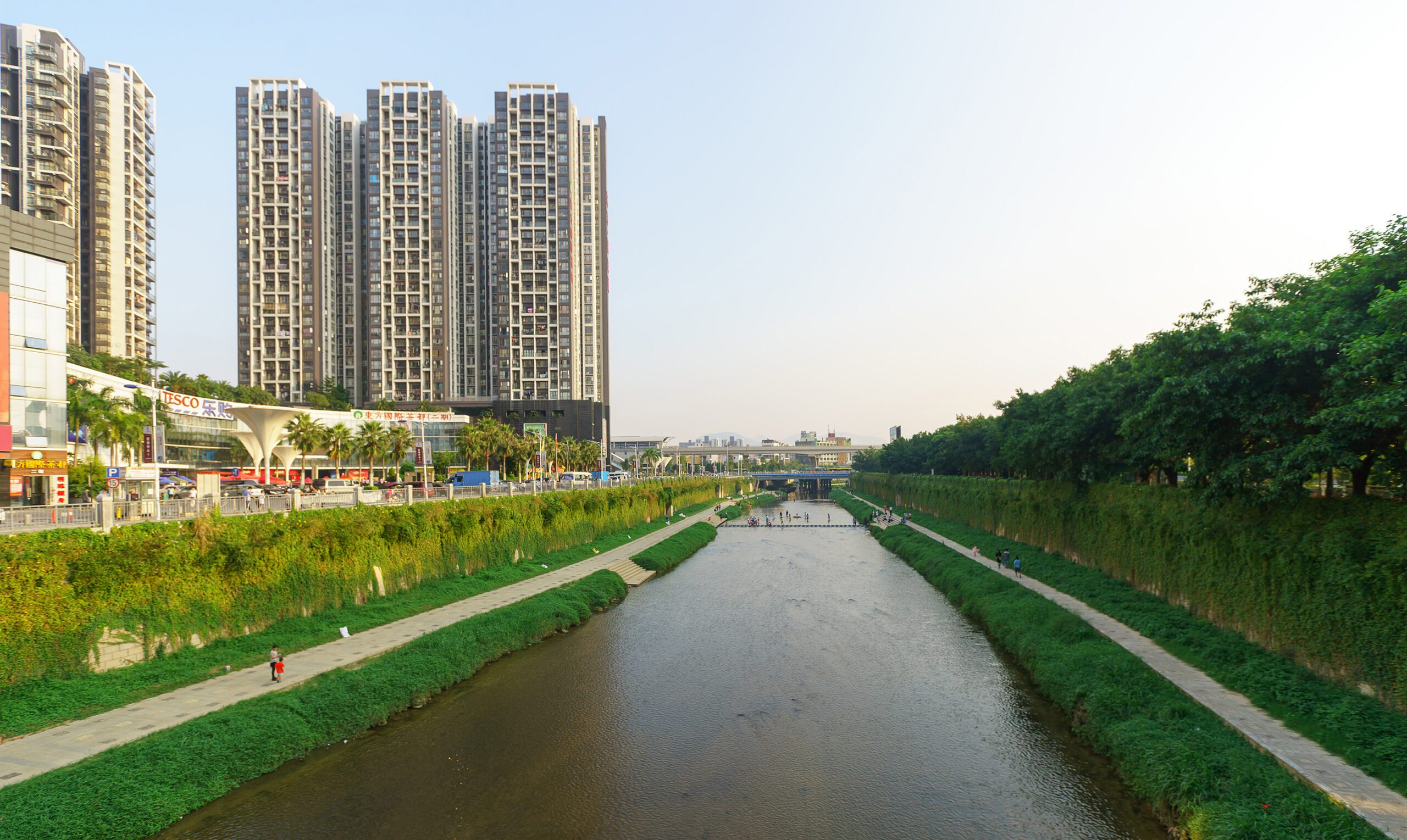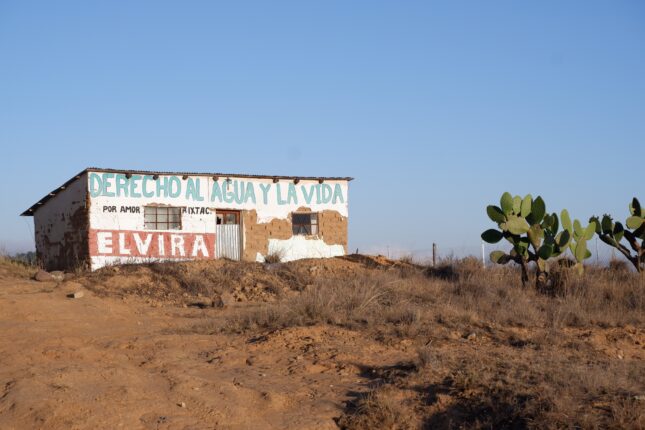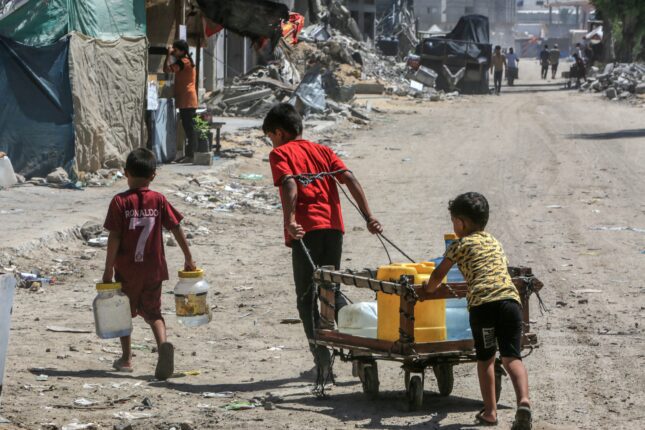-
ECSP Weekly Watch | January 20 — 24
›
A window into what we’re reading at the Wilson Center’s Environmental Change and Security Program
Placing Water at the Heart of Climate Action (Relief Web/Netherlands Red Cross)
It may be true that water is life. But equally true is that roughly 90% of natural disasters—and the havoc they wreak—are water-related. A recognition that these disasters are intensifying in a warming world has led the Netherlands Red Cross to create Water at the Heart of Climate Action (WHCA): a program to tackle the intertwined crises of water-related disasters and climate change.
-
Decoding China’s Response to Environmental Justice Movement in Shenzhen
›China Environment Forum // Guest Contributor // Vulnerable Deltas // January 23, 2025 // By Zhao Zhong & Kuoray MaoThe Wutongshan River flows through the east suburbs of Shenzhen and the basin is an important ecological zone for Shenzhen, which is often referred to as the “lungs of Shenzhen.” Rich in plant and animal resources, this area is the city’s natural museum and a genetic reservoir for flora and fauna. The river importantly provides 70% of Hong Kong’s and 40% of Shenzhen’s water.
-
Low-Carbon Transitions: A Spur (and a Solution) to Colonial Violence?
›
At the recent G20 meeting in June 2024 in Rio de Janeiro, United Nations Secretary General António Guterres gave an ominous warning: “Unless we limit global temperature rise to 1.5 degrees Celsius, spiraling disasters will devastate every economy.” Guterres implored governments to “speed-up the just transition from fossil fuels to renewables,” and declared that “the end of the fossil fuel age is inevitable.”
-
ECSP Weekly Watch | October 15 – 18
›
A window into what we’re reading at the Wilson Center’s Environmental Change and Security Program
Global Water Stress May Create a Food Crisis (Guardian)
In its recent report, The Economics of Water, the Global Commission on the Economics of Water examined world hydrological systems and their impact on water availability—and warn of imminent shortcomings in food production. The study asserts that the demand for freshwater will outweigh the supply by 40% in 2030, highlighting a significant shift in previous freshwater requirement estimates.
-
The COP16 Opportunity: Bringing Biodiversity and Climate into Alignment?
›
At first glance, the growing alignment of climate and biodiversity challenges in global politics may seem harmless. Indeed, there is a strong argument that it is a much-needed and long overdue development, since addressing these inextricably-connected challenges together may ensure that gains in one area do not lead to costs in the other.
-
War and Climate Change Intensify Global Water-related Conflicts
›
The Pacific Institute recently updated its Water Conflict Chronology—a database of water-conflict events that began to take form in the 1980s. The recent updates include the addition of 300 new entries to the database, highlighting the alarming rise of water-related conflicts in the last few years. Despite this overwhelming evidence of a growing trend in water-related conflicts, global attention toward addressing them remains negligible.
-
ECSP Weekly Watch | September 9 – 13
›
A window into what we’re reading at the Wilson Center’s Environmental Change and Security Program
Fukushima Nuclear Clean-up Begins (The Diplomat)
It has been over 13 years since a massive 9.0 earthquake near the coastline of Japan in 2011 triggered a tsunami that irreversibly damaged the Fukushima Daiichi nuclear plant. Failing cooling systems within the plant led to the melting of its radioactive core reactor, which dripped toxic fallout across the plant and in the larger ecosystem. Since that catastrophe, Japan has been devising ways to responsibly clean the waste in Fukushima—and it might be getting closer to a final answer.
-
ECSP Weekly Watch | August 19 – 23
›
A window into what we are reading at the Wilson Center’s Environmental Change and Security Program
What’s Next for the Teesta Water Disputes? (The Hindu)
The recent political upheaval in Bangladesh which led to the resignation of Prime Minister Sheikh Hasina and the return of Nobel Peace Prize laureate Muhammed Yunus as leader of an interim government is not the only tumult in this nation. A worsening trend in weather events there has heightened Bangladesh’s exposure to climate shocks and allowed a dispute over the Teesta River to reemerge.
Showing posts from category water.










